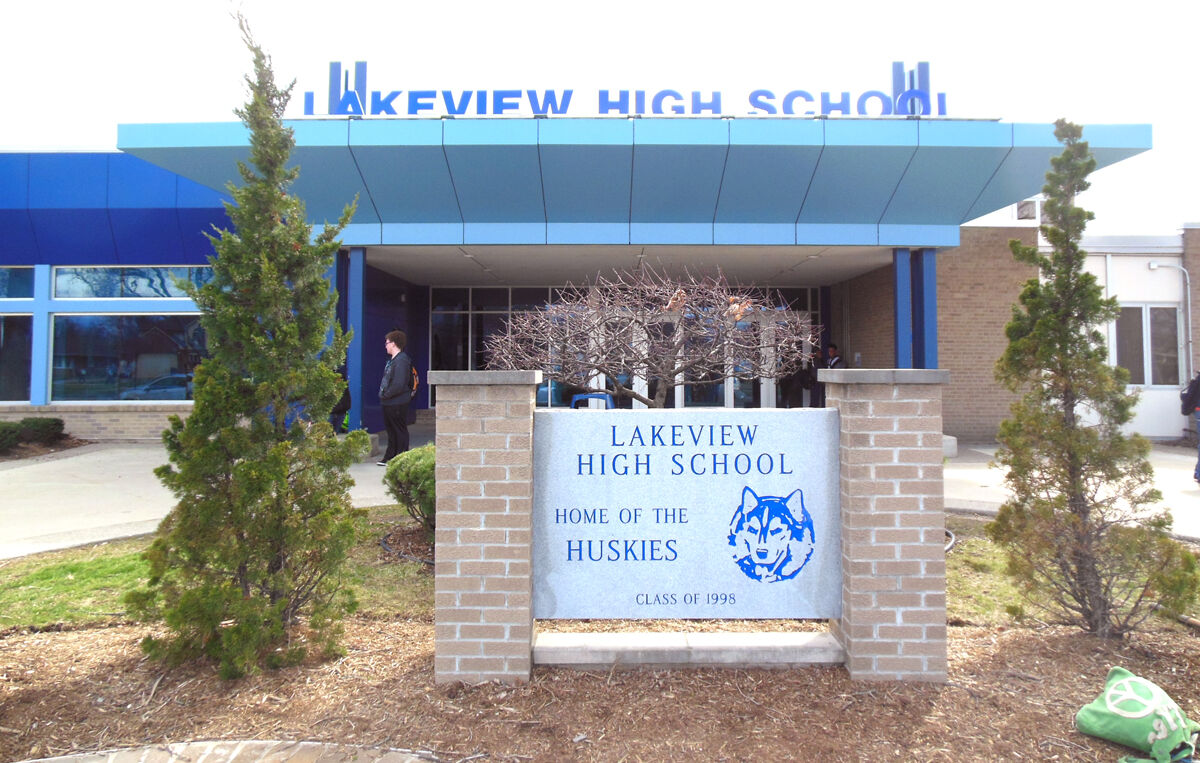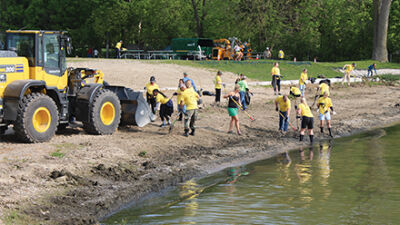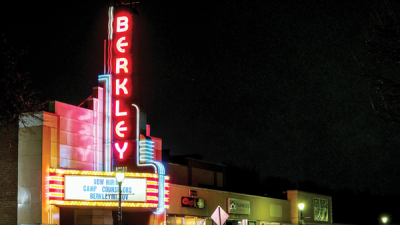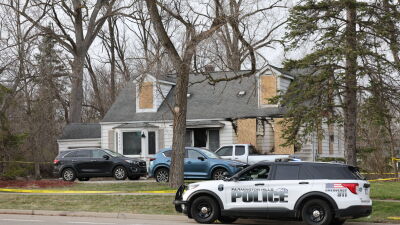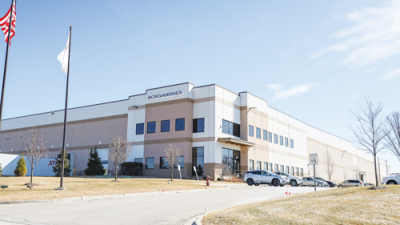ST. CLAIR SHORES — Voters in the Lakeview Public Schools district passed a replacement operating millage proposal by a margin of 66.1% (2,518 votes) to 33.9% (1,293 votes) on Nov. 7.
“The high level of support from our community on the ballot question is appreciated by the staff and Board of Education,” Lakeview Superintendent Karl Paulson said in an email. “I believe this level of support by our community is a reflection of their appreciation for the quality work Lakeview’s staff do on a daily basis for the children entrusted to us. Thank you to all of Lakeview’s residents for this vote of confidence in the District.”
According to the proposal language, the proposal in the amount of 21 mills — with 18 mills being the maximum levy — will cover the next 20 years and will "replace, restore and extend the authority of the School District to levy the statutory limit of 18 mills on all property, except principal residences and other property exempted by law which currently expires with the School District’s 2024 tax levy and allow the School District to continue to levy the statutory limit of 18 mills in the event of future Headlee rollbacks of up to 3 mills.”
“The authorization will allow the School District to continue to receive revenues at the full per pupil foundation allowance permitted by the State,” the proposal language read.
Under the 1978 Headlee Amendment to the Michigan Constitution, if the tax base of a local unit of government is increased, the tax rate on that base must be proportionally reduced so property tax revenues will increase no more than the rate of inflation for that year. The Headlee Amendment limited the amount of taxes a school district and other entities could collect as property values go up.
If a property value goes up too much, it will enact a Headlee rollback that decreases the levy, thus the amount of tax dollars collected through the millage, Paulson said previously.
“So this vote in November is to renew and replace lost millage from prior Headlee rollback,” Pauslon said before the election.
The amendment allows the district to ask for more mills than the allotted 18. Even with the increased number of mills, the district will still only collect 18.
“We have to ask for more to avoid the 18 becoming 17.8, becoming 17.5, becoming 17.0, because the state pot of money, remember the big pot over here that’s most of our money, assumes we’re collecting 18 maximum, locally,” Paulson said in October.
Homestead properties will not be affected by the proposal, which will affect only industrial, commercial and other properties that are not primary residences. It does not increase the amount of homestead school property taxes collected, according to a newsletter sent out by the district.
 Publication select ▼
Publication select ▼